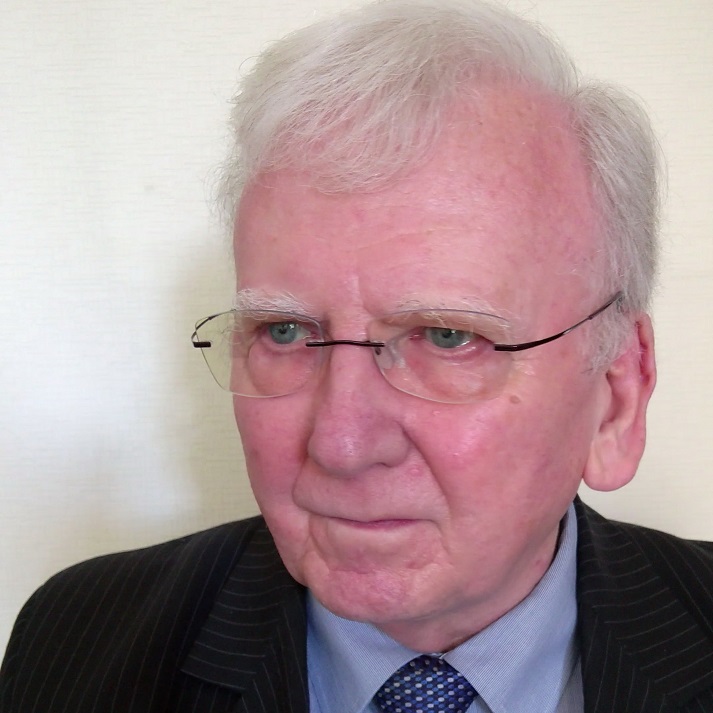Ian Shanks qualified as an Electrical Engineer at Glasgow University, in 1970, and obtained his CNAA PhD, in 1976, while working at RSRE, Malvern. There, he pioneered research into liquid crystals and helped define much of the science that underpins today’s LCD technology.
In 1982, he joined Unilever to initiate research into biosensors. He realised that liquid crystal technology could be adapted to enable the mass-production of biosensors at low cost, including glucose sensors for use by people with diabetes. This seminal work has been widely exploited and its capillary-fill methodology was incorporated, under licence, in almost every diabetes test strip – a multi-billion-pound market. He has published widely and is named as inventor on around 70 patents.
He was, from 1986 to 1994, the Chief Scientist of a multinational PLC, leading the research of over 100 scientists and engineers. Subsequently, having re-joined Unilever, as VP for Physical and Engineering Sciences, he led research and formulated strategy for this £30bn multinational company employing around 250,000 people. He retired in 2003 and was awarded an OBE in 2012 for services to innovation.
In 2019, after 13 years of financially and reputationally perilous litigation, the Supreme Court awarded him substantial compensation from Unilever, as a share of their outstanding benefit from the licensing and sale of the capillary-fill patents, and indicated how the 1977 Patents Act should be interpreted in future, thus inspiring/incentivising future employee inventors. This was the first such award.
Subject groups
- Engineering
Engineering, electronics, Computer engineering (including software)
Awards
Royal Medals
He extended knowledge of liquid crystals and applied this successfully to invent novel LCDs. He developed commercial diabetes test strips, which have revolutionised the control and therefore the lives of diabetics worldwide.

